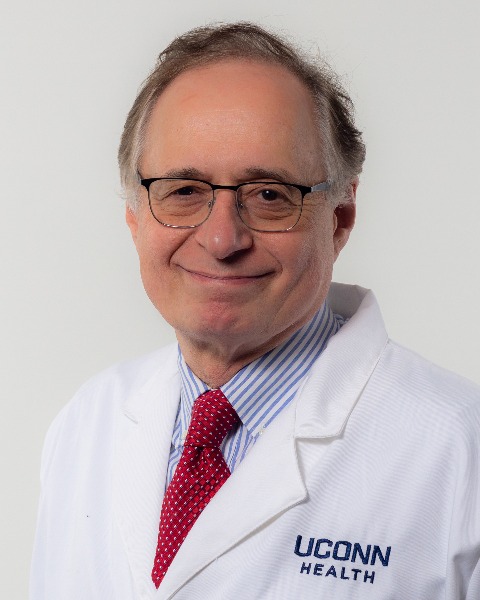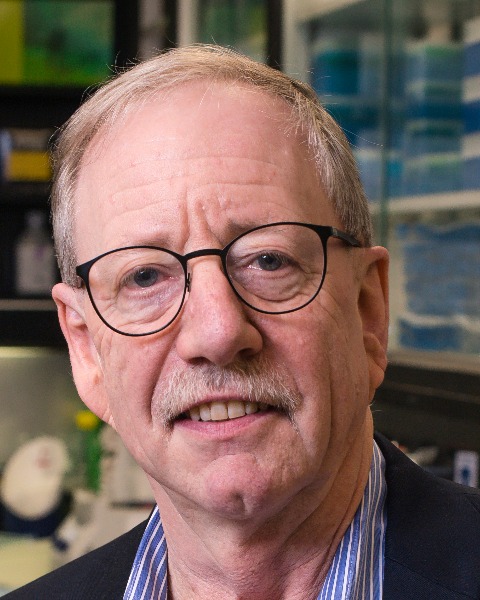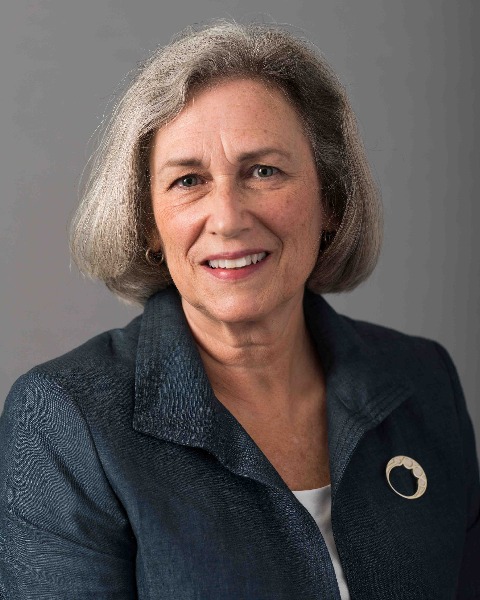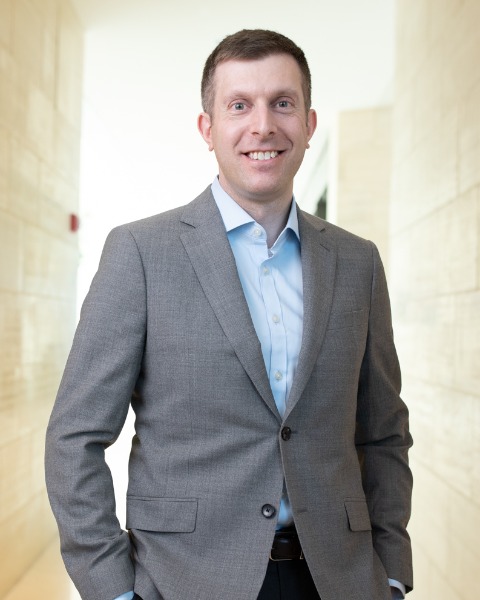Program Area: Interdisciplinary
Update in Geroscience for Nonbiologists
-

George Kuchel, MD, FGSA, AGSF
Professor and Chair
UConn Center on Aging
University of Connecticut
Farmington, Connecticut, United States -

Steven Austad, PhD
Distinguished Professor
Department of Biology
University of Alabama at Birmingham
Birmingham, Alabama, United States -

Steven Austad, PhD
Distinguished Professor
Department of Biology
University of Alabama at Birmingham
Birmingham, Alabama, United States -

Anne Newman, MD, MPH
Distinguished Professor
Epidemiology
University of Pittsburgh
Pittsburgh, Pennsylvania, United States -

John Newman, MD, PhD
Assistant Professor at the Buck
Geriatrics
Buck Institute and UCSF
Novato, California, United States
Chair(s)
Co-Chair(s)
Individual Symposium Abstract First Author(s)
Geroscience began as a result of discoveries made by biologists in aging cells, simple organisms and animal models. Such advances, the discovery of strategies for modifying rate of aging, and appreciation of aging as a shared risk factor for chronic diseases led to the Geroscience Hypothesis. It states that interventions modifying aging biology can slow its progression, resulting in the prevention or delay of onset of multiple diseases. However, for these discoveries to truly impact human health, nonbiologists – scientists in other disciplines and clinicians, must also engage in geroscience. An obstacle to a wider engagement by disciplines and GSA members other than basic biologists in geroscience has been the fact that varied fields engaged in aging issues tend to use language (jargon), methods and scientific approach that can make their work less accessible and understandable to other disciplines. To that end, speakers have been selected not only for their scientific contributions, but also for their ability to overcome such barriers. Steve Austad (UAB) will discuss the range of animal models and experimental approaches that led to the Geroscience Hypothesis. Anne Newman (U Pittsburgh) will review evidence that these findings are relevant to and might be translatable to humans. John Newman (UCSF/Buck) will seek to frame these considerations in terms of broader societal discussions regarding aging while providing a framework by which nonbiologists may critically evaluate discoveries and actual products claiming benefits in terms of aging. (Sponsored by Nathan Shock Coordinating Center U24AG056053; Geroscience Education and Training Network R25AG073119).
Learning Objectives:
- describe the scientific discoveries and observations that led to the Geroscience Hypothesis
- demonstrate an understanding of the barriers that exist in translating geroscience-guided discoveries from basic bench research to humans, with insights into ongoing efforts to overcome these obstacles
- describe criteria that are useful in evaluating the potential promise of geroscience-guided therapies in humans
Presentations:
-
12:00 PM – 1:30 PM ETAnimal Models and the Emergence of Geroscience
Individual Symposium Abstract First Author: Steven N. Austad, PhD – University of Alabama at Birmingham
-
12:00 PM – 1:30 PM ETStudying Biological Aging and Geroscience in Humans
Individual Symposium Abstract First Author: Anne Newman, MD, MPH – University of Pittsburgh
-
12:00 PM – 1:30 PM ETAssessing Purported Aging Therapies in the Clinic
Individual Symposium Abstract First Author: John C. Newman, MD, PhD – Buck Institute and UCSF
